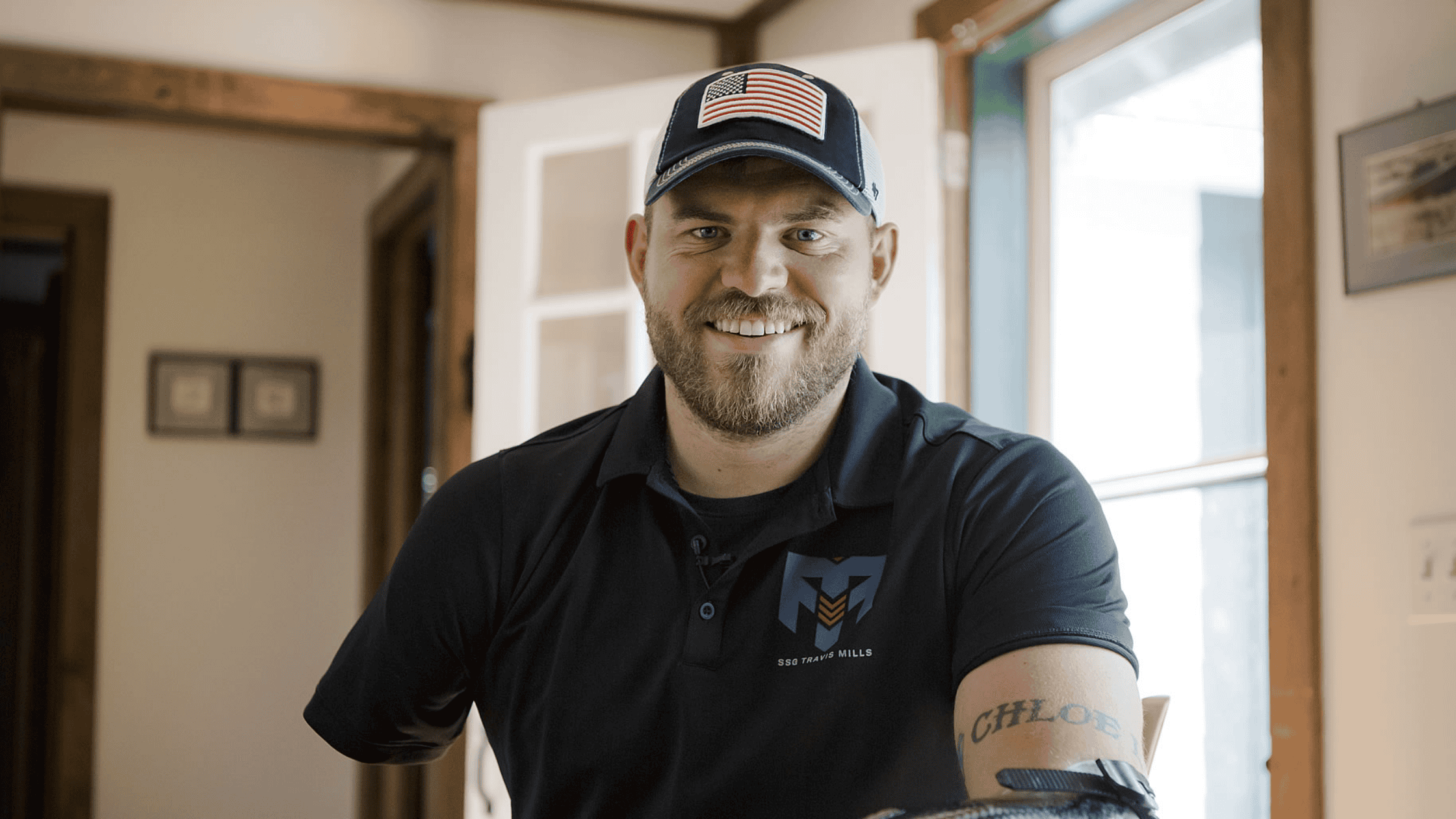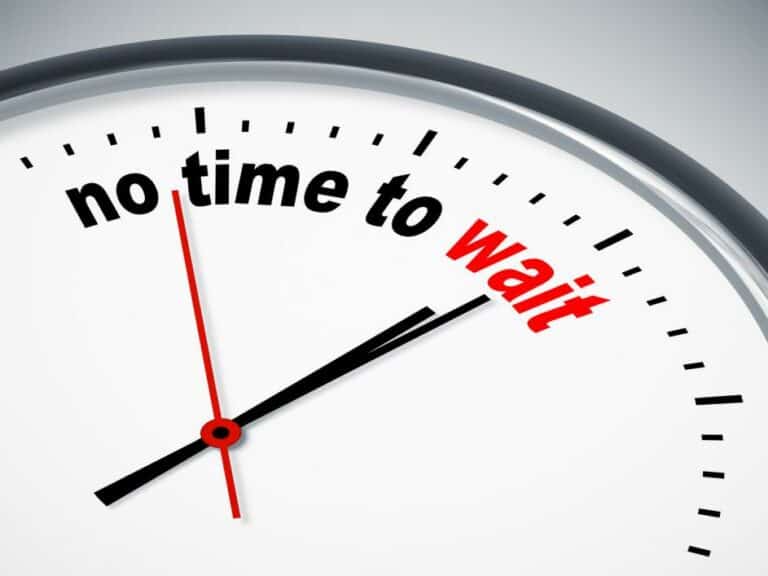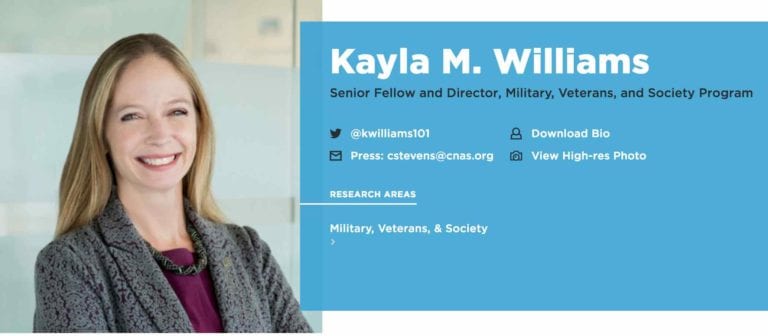No Limits: How One Wounded Warrior Is Helping Others Reclaim Their Lives
It’s easy to feel like recovery is the end of the story — a point you reach and stop. But for retired U.S. Army Staff Sergeant Travis Mills, recovery was just the beginning.
After surviving an IED explosion during his third deployment to Afghanistan, Mills lost both arms and both legs. But instead of giving up, he chose a new mission: helping other wounded veterans rebuild their lives — physically, mentally, and emotionally.
And in doing so, he’s proving there are no limits to what recovery can look like — especially when veterans lead veterans.
The Explosion That Changed Everything
In April 2012, Mills was on patrol with his unit in Kandahar when he set down his backpack — unknowingly triggering an improvised explosive device.
The blast was catastrophic. The odds of survival were slim.
But after more than a dozen surgeries, months of rehab, and sheer force of will, he not only survived — he began thriving. His story became national news. But Mills didn’t stop at survival.
He wanted to do more than share his story. He wanted to change the stories of others walking a similar path.
“I don’t want to be called a wounded warrior. I’m just a warrior.” ~ Travis Mills, Retired U.S. Army Staff Sergeant
From Recovery to Mentorship: The Travis Mills Foundation
In 2013, just a year after his injury, Mills and his wife founded the Travis Mills Foundation, a nonprofit that supports recalibrated veterans — those who have sustained life-altering injuries in combat or service.
Located in Maine, the foundation runs adaptive retreats for wounded vets and their families, offering:
- Prosthetic and mobility rehabilitation
- Adaptive sports and outdoor recreation
- Peer support groups led by other amputees
- Resources for family caregivers
What makes it powerful isn’t just the rehab — it’s the community. Veterans see others like them, succeeding. That makes all the difference.
Why Peer Mentorship Matters
Mills is now a full-time mentor to other amputee and disabled veterans, visiting hospitals, speaking at events, and serving as a living example of what’s possible after catastrophic injury.
This kind of mentorship works because it removes the gap between patient and provider.
Veterans don’t want to be pitied. They want to be understood. And they want hope that’s real.
Studies have shown that peer-led mentorship improves mental health, reduces isolation, and speeds up recovery. Mills is living proof.
“When you’re looking at someone who’s been there, done that — suddenly, your recovery doesn’t feel so impossible.” ~ Fellow amputee veteran, during an adaptive sports session
The Bigger Message for the Disabled Veteran Community
Stories like Mills’ are more than inspirational — they’re instructional.
They tell veterans:
- You are not alone in your recovery
- There is life after injury
- Asking for help isn’t weakness — it’s part of the fight
- Giving back can be as healing as receiving support
The VA and private organizations alike are expanding peer mentorship programs, including for amputees, burn survivors, and those managing long-term disabilities.
If you’re interested in joining or becoming a mentor, start here:
🔗 VA Peer Support Services
🔗 Travis Mills Foundation Programs
Final Thoughts: Resilience Is Contagious …
Recovery is messy. Hard. Frustrating. And sometimes, it feels endless.
But when you see someone like Travis Mills — standing strong, living fully, giving back — you realize something: you don’t have to accept limits that weren’t yours to begin with.
Whether you’re just starting your journey or years into it, remember this:
You are not broken. You are recalibrated.
And your story — just like Mills’ — can be far from over.
Know a wounded warrior who could benefit from peer mentorship or adaptive programming? Pass this post along — or contact Travis Mills Foundation directly.




Rhett J Puder from the Charleston VA was a mentally ill man with a chip on his shoulder. A true government man with a lot of anger and hatred for certain veterans.